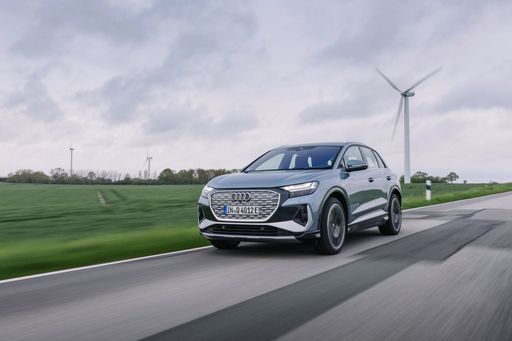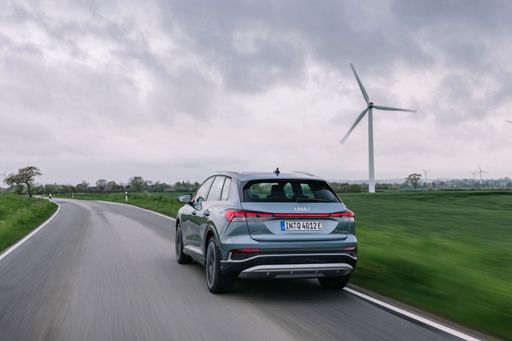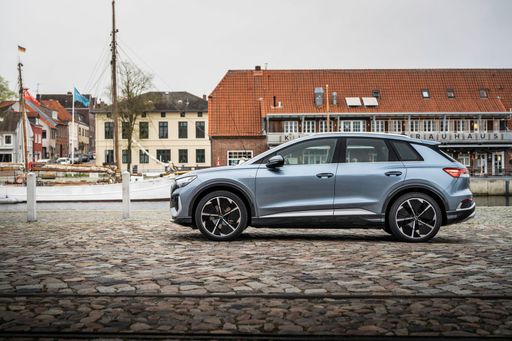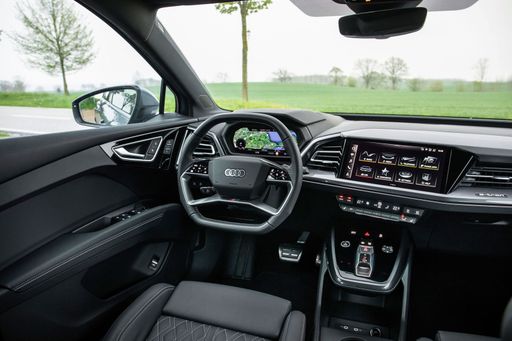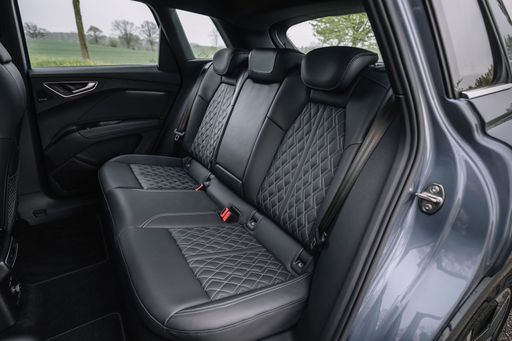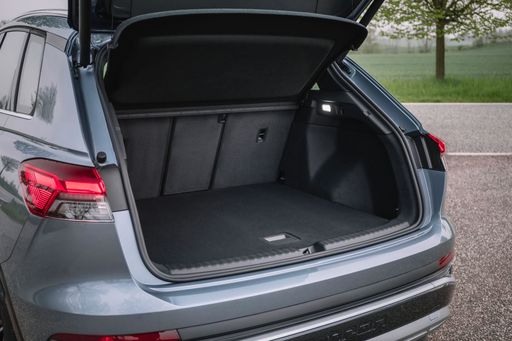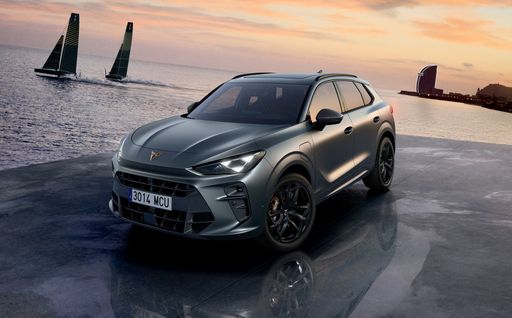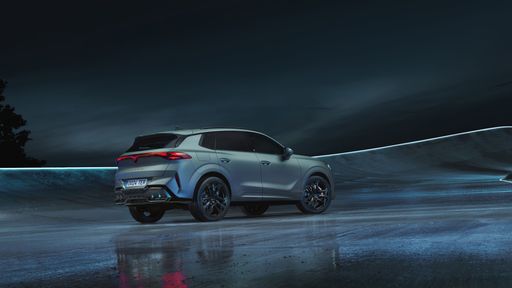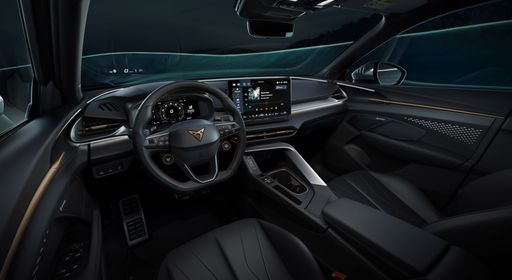Comparative Analysis: Audi Q4 e-tron vs CUPRA Terramar
As the automotive market continues to evolve, electric and hybrid vehicles are becoming the new norm. Two notable contenders in the SUV segment are the Audi Q4 e-tron and the CUPRA Terramar. Both vehicles are designed to meet the consumers' diverse demands for performance, efficiency, and technology. In this article, we’ll plunge into a side-by-side comparison of these two innovative models, examining their technical aspects and innovative features.

